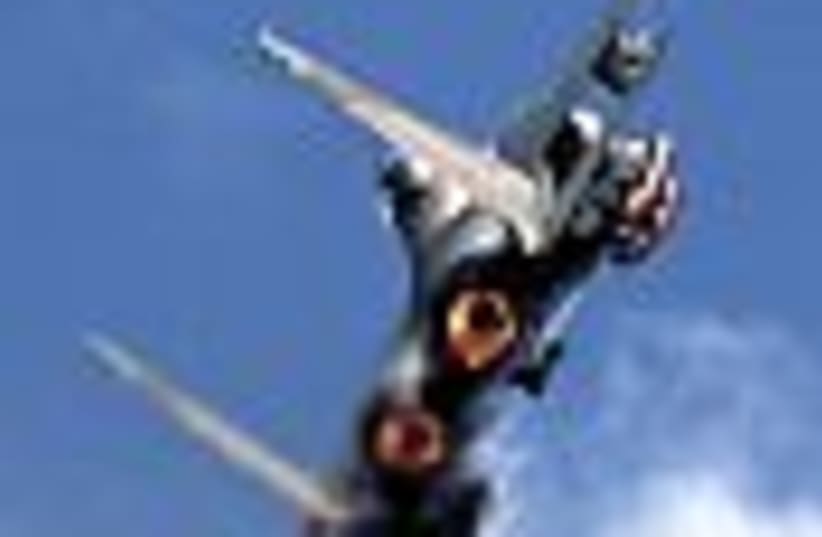| More about: | United States Army, Israel, Bashar al-Assad, Lockheed Martin |
US Army: No option for Israel against Iranian nukes
Report says IAF could not sustain a campaign that would deliver a death blow to the weapons.


| More about: | United States Army, Israel, Bashar al-Assad, Lockheed Martin |